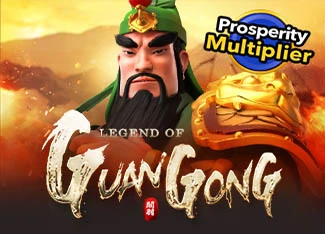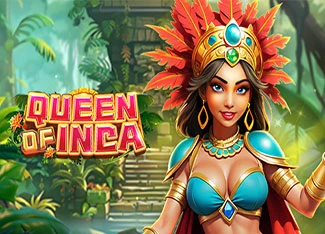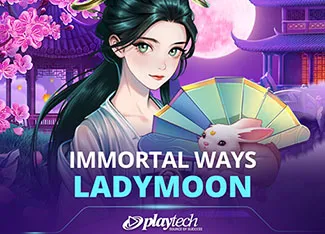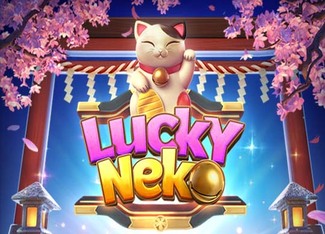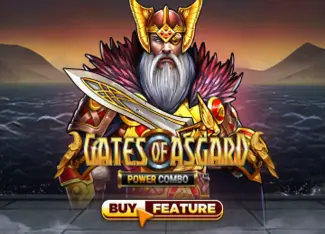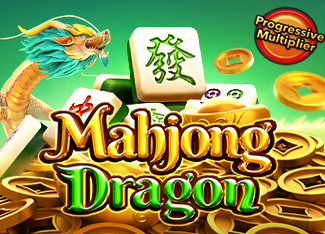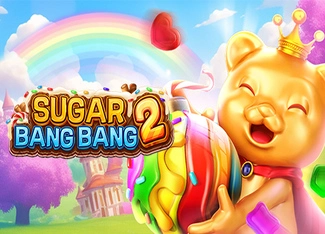IDR 39,522,475,254
Layanan Customer
Layanan Product

Permainan Terlengkap dalam seluruh platform
Layanan Member
Tambah Dana
Waktu
Menit
WITHDRAW
Waktu
Menit
Sistem Pembayaran

ONLINE

ONLINE

ONLINE

ONLINE

ONLINE

ONLINE

ONLINE

ONLINE

ONLINE

ONLINE

ONLINE

ONLINE

ONLINE

ONLINE

ONLINE

ONLINE

ONLINE

ONLINE
368MEGA: Kasino yang Bikin Kucing dan Anjing Bersiap untuk Slot
368MEGA: Kasino yang Bikin Kucing dan Anjing Bersiap untuk Slot
Siapkan dirimu dan hewan peliharaanmu. 368MEGA menetapkan standar baru di mana bahkan kucing pun ingin bermain slot.







































